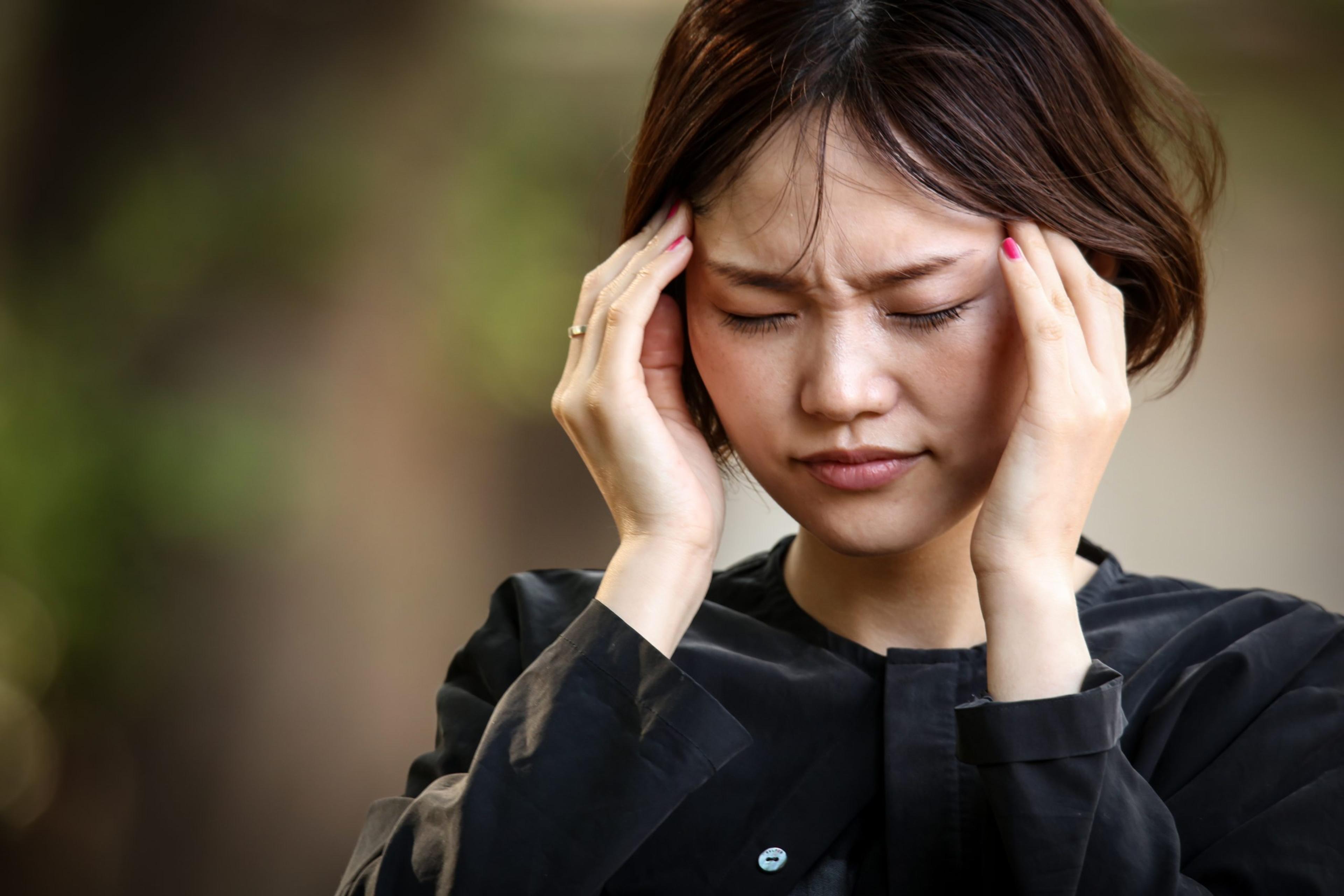Home Remedies for Migraines, Headaches
Shandra Martinez
| 3 min read

Sometimes, you can sense when a bad headache is coming on. It might start out with a dull ache that worsens throughout the day, or it might surprise you by suddenly beginning with a few pulsing pains. If it’s a migraine, the pain could become more intense and include feelings of nausea or double vision. Those in severe pain should always contact their health care provider, but for most people, some over-the-counter pain reliever or time-tested home remedies will usually bring relief.

When it comes to painful problems, headaches are among the most common in the world. They spring from conditions involving a person’s nervous system, blood vessels and signals from the brain. But not all headaches are the same. There are multiple kinds of headaches, and lots of different causes.
Headache types
Here are a few of the main types of headaches people might experience:
- Tension headache: Typically, a throbbing pain felt on both sides of the head. It can worsen when people bend over or move suddenly.
- Cluster headache: These headaches tend to occur in groupings. The time windows for these clusters can last weeks or more than a month.
- Migraine: This type has lots of added symptoms, including nausea, vomiting, ultra-sensitivity to light and noise and vision issues. It can last several hours or more than one day.
Headache triggers
What causes headaches? There are several things that can cause persistent pain in the head or face. These triggers include:
- Emotional stress
- Too-bright lighting
- Loud noises
- Lack of sleep
- Alcohol use
- Changes in weather
- Mental health issues
Home remedies
In addition to over-the-counter pain relievers, lots of people find relief with simple and natural home remedies to ease them out of a migraine or lessen - or even stop - their headache pain. Here are some of the most common drug-free remedies to try next time you have a headache, according to WebMD:
- Dim the lights.
- Skip migraine-triggering foods like red wine, processed lunch meats, hot dogs and ice cream.
- Drink plenty of water.
- Meditate for 15 minutes in a cool, quiet place.
- Inhale the scent of lavender, or apply some lavender essential oil to your temples.
- Gentle massage on your head, neck and shoulders.
- Try a half-hour of yoga poses.
- Place a cold pack on your forehead for 15 minutes.
- Listen to soothing music.
- Using a heating pad on the back of your head and neck could help with a migraine.
- Take off anything that’s tight on your head, including headbands, glasses, hats or goggles.
Related:
- Staying Positive with Chronic Migraines: Nate Schreck
- 3 Natural Remedies for Migraines
- For 25 Years, I Lived the Link Between Belly Fat and Migraine Headaches
Photo credit: Getty Images





